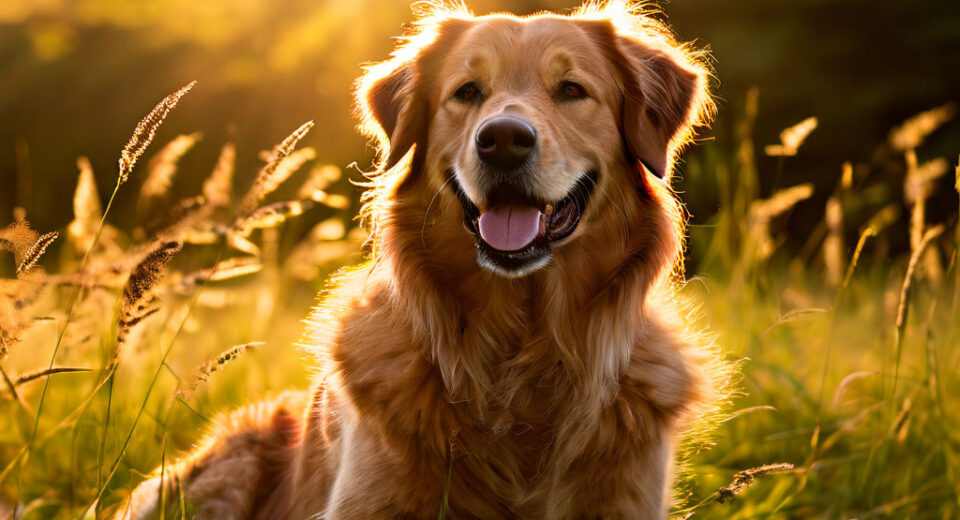Popular

Liver cancer in dogs is a serious condition that can be challenging to treat. While it is not always possible to prevent liver cancer entirely, there are several strategies that can reduce the risk and promote overall liver health. This article explores lifestyle and dietary adjustments that can help in preventing liver cancer in dogs.
Understanding Liver Cancer in Dogs
Liver cancer involves the growth of tumors in the liver, an organ crucial for detoxification, digestion, and blood clotting. Both primary and metastatic liver cancers can affect dogs. Preventive measures focus on maintaining liver health and reducing exposure to potential carcinogens.
Lifestyle Strategies for Preventing Liver Cancer in Dogs
1. Regular Veterinary Check-Ups
Regular check-ups are essential for early detection and prevention of various health issues, including liver cancer. Routine blood tests and physical examinations can help identify liver problems early.
2. Maintain a Healthy Weight
Obesity can lead to various health issues, including liver disease. Maintaining a healthy weight through regular exercise and a balanced diet is crucial for liver health. Ensure your dog gets adequate physical activity based on their age, breed, and health status.
3. Avoid Exposure to Toxins
Exposure to environmental toxins can increase the risk of liver cancer. Limit your dog’s exposure to:
- Pesticides and herbicides
- Chemical cleaners
- Secondhand smoke
- Contaminated water
4. Vaccinations and Parasite Control
Vaccinations, such as those for canine hepatitis, and regular parasite control can prevent infections that may lead to liver disease. Consult your veterinarian to ensure your dog is up-to-date on vaccinations and preventive treatments.
Dietary Strategies for Preventing Liver Cancer in Dogs
1. High-Quality Diet
Feeding your dog a high-quality, balanced diet is essential for liver health. Look for dog food that contains:
- High-quality protein sources (e.g., chicken, turkey, fish)
- Whole grains (e.g., brown rice, oats)
- Vegetables and fruits rich in vitamins and antioxidants
2. Omega-3 Fatty Acids
Omega-3 fatty acids have anti-inflammatory properties and support liver health. Include sources of omega-3s in your dog’s diet, such as:
- Fish oil supplements
- Flaxseed oil
3. Antioxidants
Antioxidants help combat oxidative stress and support overall health. Incorporate antioxidant-rich foods into your dog’s diet, such as:
- Blueberries
- Spinach
- Carrots
4. Avoid Processed Foods and Additives
Processed foods and additives can strain the liver. Avoid feeding your dog:
- Foods with artificial preservatives, colors, and flavors
- High-fat and high-sugar treats
5. Herbal Supplements
Certain herbal supplements can support liver health and function. Milk thistle, for example, is known for its liver-protective properties. Always consult with your veterinarian before adding supplements to your dog’s diet.
Importance of Regular Monitoring
Regular monitoring of your dog’s health is essential for early detection of liver issues. Watch for symptoms such as:
- Loss of appetite
- Weight loss
- Vomiting and diarrhea
- Abdominal swelling
- Lethargy
- Jaundice (yellowing of the skin and eyes)
If you notice any of these symptoms, consult your veterinarian immediately.
Preventing liver cancer in dogs involves a combination of lifestyle and dietary strategies aimed at maintaining overall liver health. Regular veterinary check-ups, a healthy diet, and avoiding exposure to toxins can significantly reduce the risk. By taking proactive steps, you can help ensure a healthier and happier life for your dog.
Больше на Dogtumor
Subscribe to get the latest posts sent to your email.

